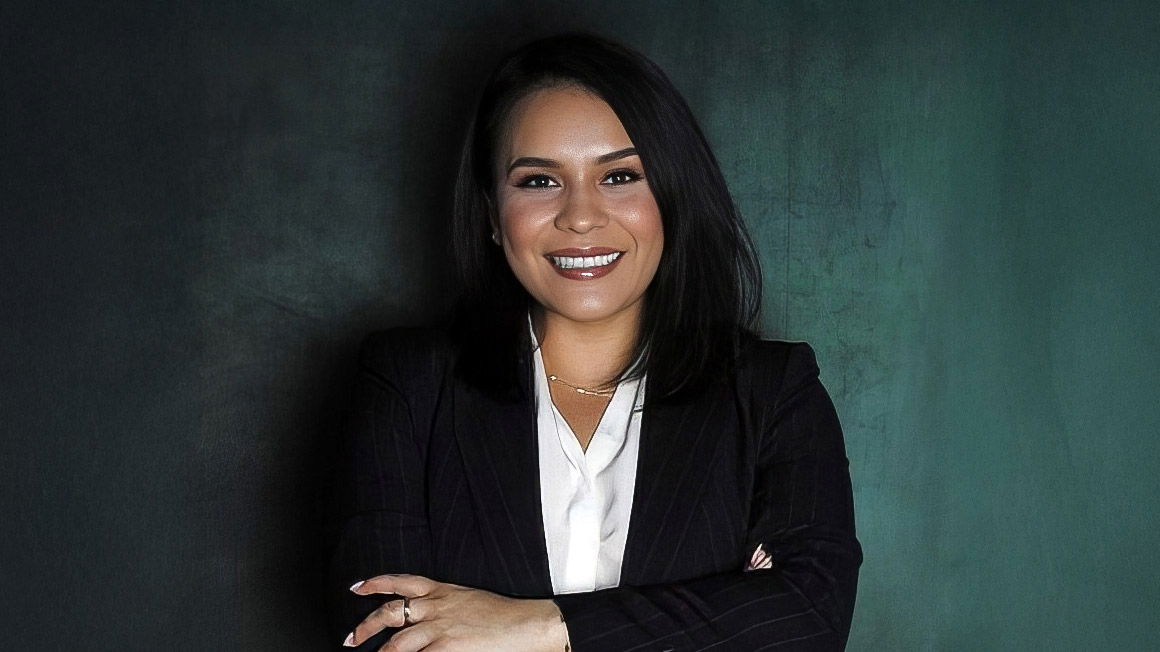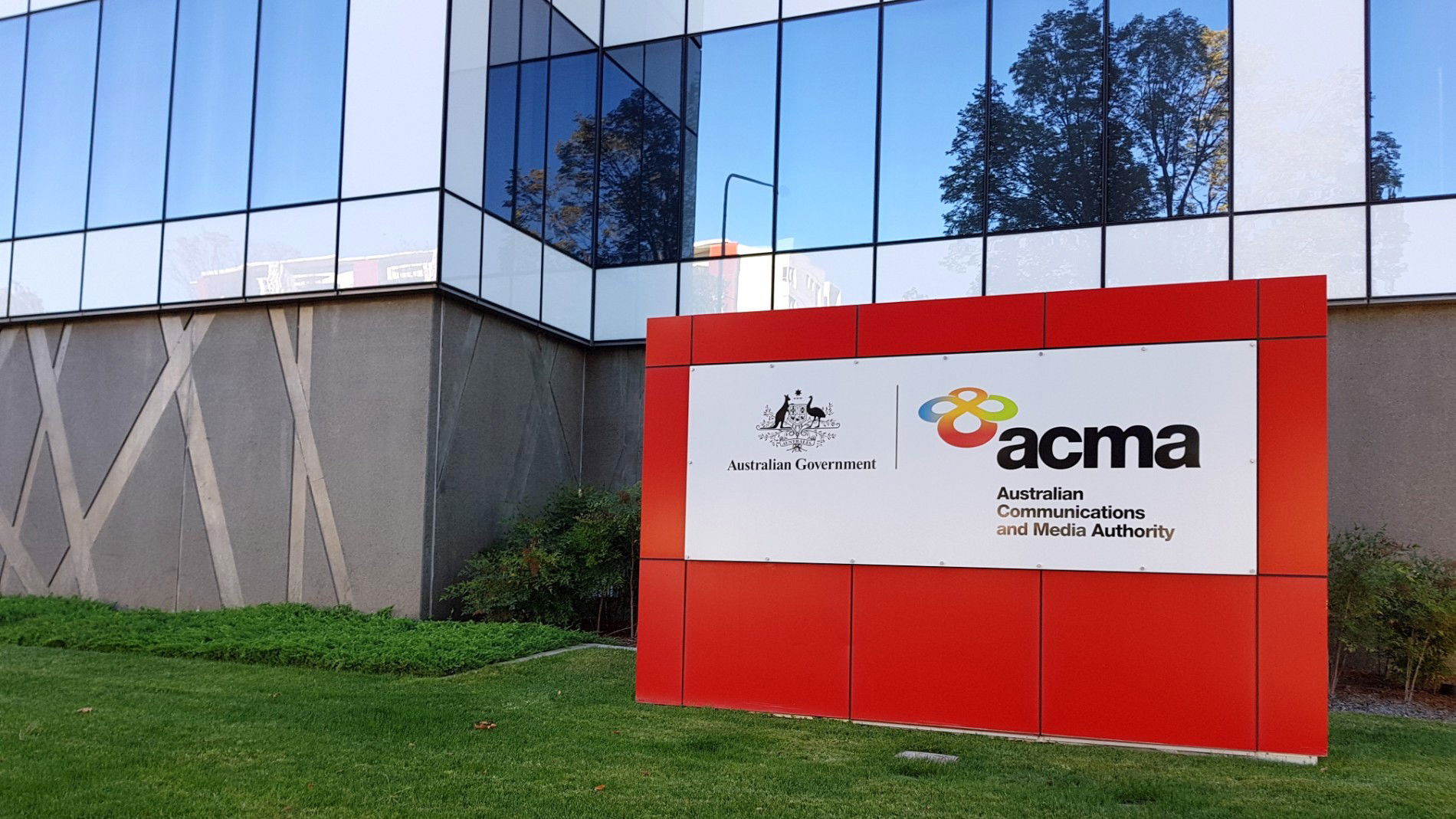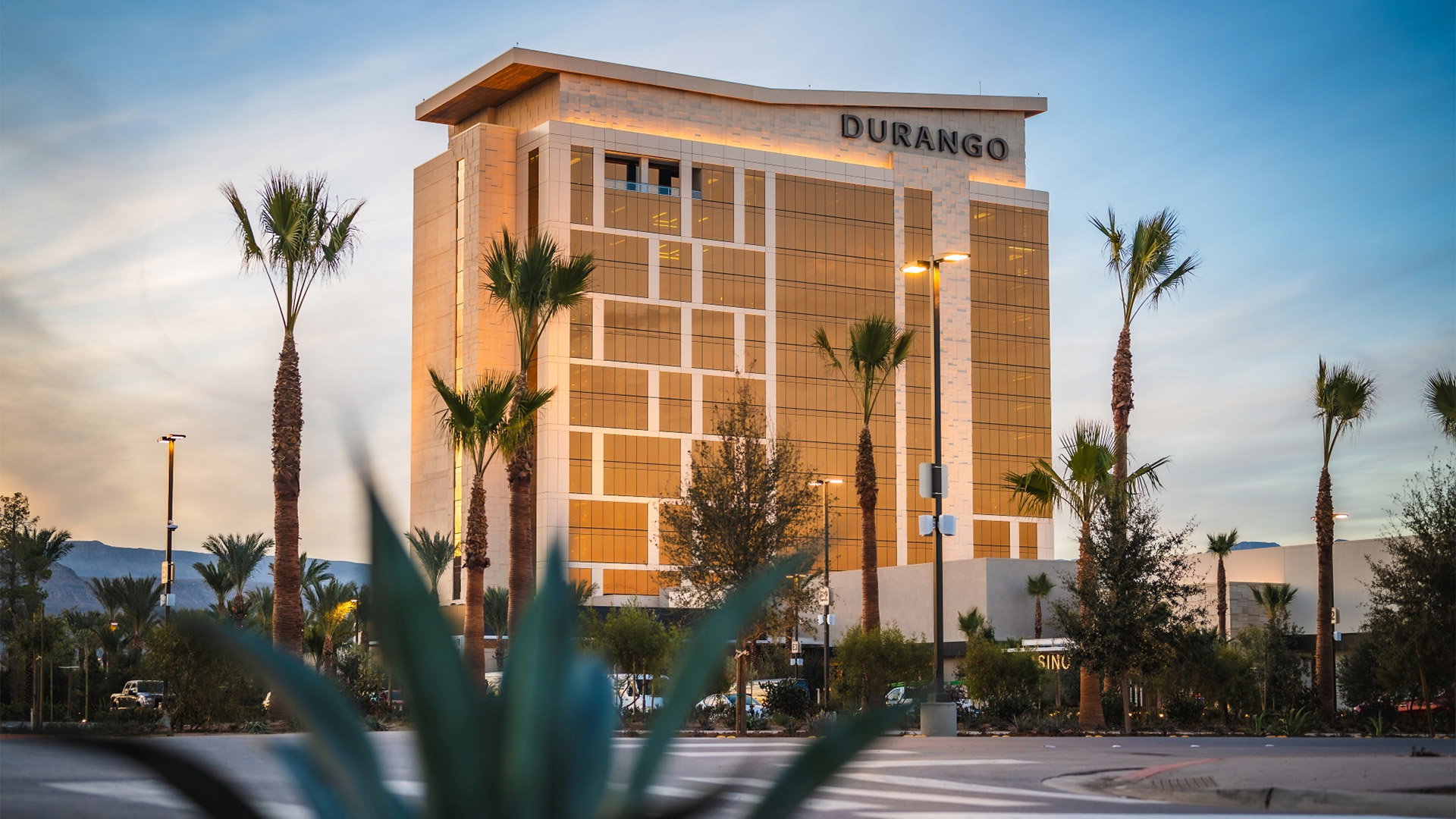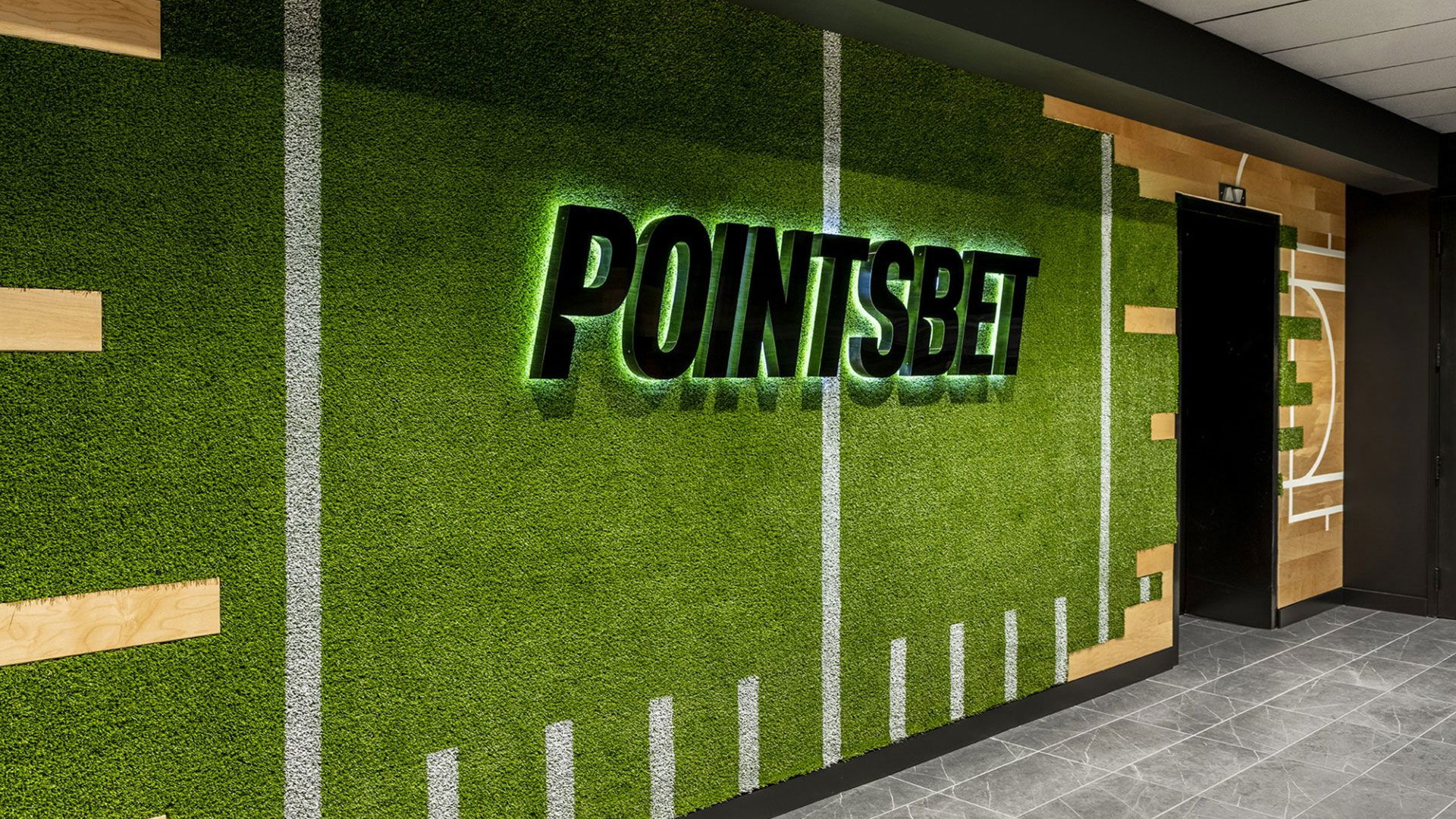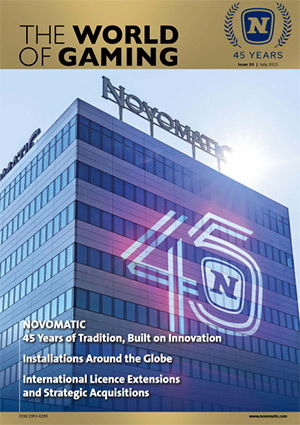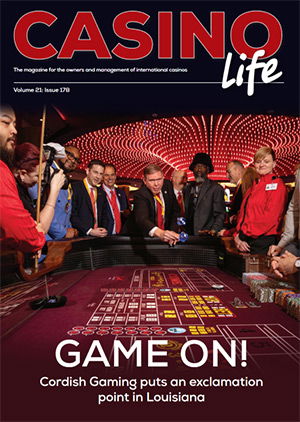New York State Gaming Commission finalizes financial requirements for downstate casino bids
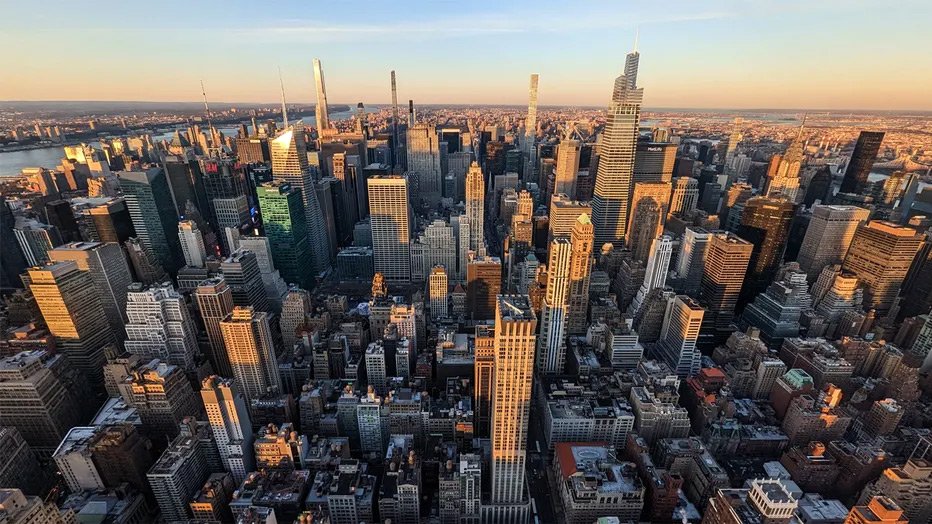
The New York State Gaming Commission has finalized license fees and minimum capital investment requirements as it prepares to receive bids for three downstate casino licenses.
The final outcome is set to hinge not only on financials but also on public opinion, with community advisory committees—each comprised of state and local officials—holding binding votes on each proposal's viability.
The state’s Gaming Facility Location Board on Monday approved a $500 million license fee and a $500 million minimum capital investment for each applicant. Bids are due by June 27, with the commission aiming to issue licenses by year-end.
In addition to the investment hurdles, applicants must complete zoning and environmental reviews by September 30, which has proven a tricky issue thus far.
Bally’s Corporation received rezoning approvals for its Bronx project from the New York City Council and state legislature earlier this month. Meanwhile, Thor Equities’ Coney Island bid still awaits a de-mapping vote, expected no earlier than June 19. All three Manhattan-based proposals are undergoing environmental review.
Community Advisory Committees to decide on support
Once bids are submitted, each will be assigned a Community Advisory Committee (CAC) to assess local sentiment. According to the commission, each CAC will “review the application, gauge local support, and ultimately issue a finding determining whether there is adequate support for the proposed project.”
Each committee must hold multiple meetings and conduct a binding vote, requiring a two-thirds majority to advance the bid. In New York City, CACs will include the governor, mayor, state senator, assembly member, borough president, and city council member representing the location.
Outside the city, the committee will include the governor, county executive, state senator, assembly member, and the senior elected official of the locality. Currently, MGM Empire City in Yonkers is the only bidder outside New York City.
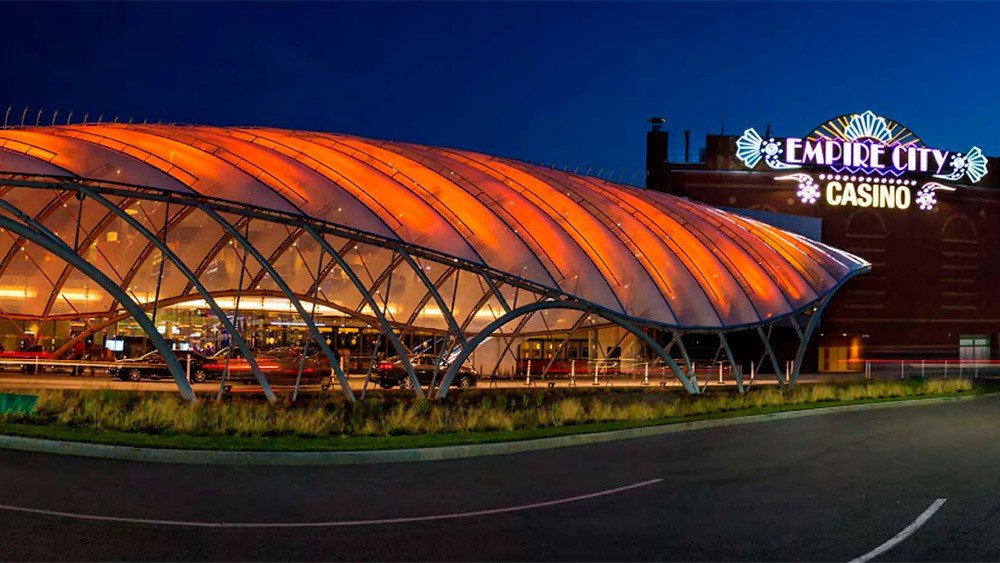
Final review and evaluation criteria
Bids that secure CAC approval must submit a $1 million application fee. Applicants may propose their own tax rate on gross gaming revenue, with a minimum of 25% for slot revenue and 10% for other sources.
The board will evaluate bids using four criteria: economic development (70%), local siting impact (10%), workforce enhancement (10%), and diversity plans (10%). Final board decisions are due by December 1, subject to commission approval. The commission may issue up to three licenses—or fewer.
The financial requirements have been described as steep by some analysts, as all developments —except for the existing racinos— would require time before they could begin operating.


